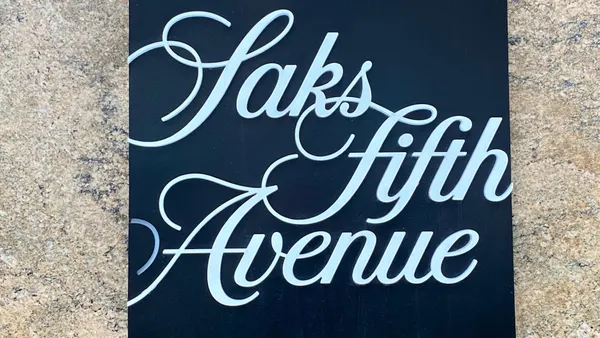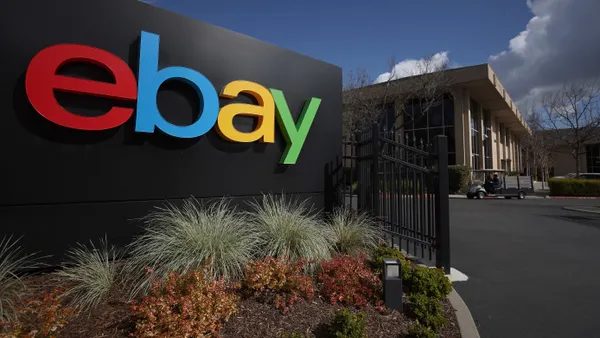Dive Brief:
- By 2023, the use of chatbots will bring $11 billion in combined cost savings for the retail, banking and healthcare business sectors as a replacement for customer service representatives. This savings will increase from about $6 billion in 2018, according to a report from Juniper Research.
- Retailers will gain the most from chatbot technology. Juniper estimates that by 2023 over 70% of chatbots accessed will be retail based. By taking advantage of cost savings, upselling, marketing and cart recovery through the use of these automated agents, e-commerce transactions via chatbots will reach $112 billion by 2023.
- Businesses and consumers in the three sectors will save more than a combined 2.5 billion hours by 2023, Juniper predicted. These savings will come from reducing the time spent on customer service calls, and cutting response and interaction times by phone and social channels.
Dive Insight:
It’s always hard to read about automation supplanting people, but it is an increasingly tight labor market and retailing is still a very margin-sensitive business. New research from Juniper outlines how chatbots will not only save on labor costs, but also become very effective at salesmanship and may even solve the intractable problem of shopping cart abandonment.
Other research also points to a bright future for chatbots. The global chatbot market is predicted to grow 24.4% during the next four years, and self-service apps will drive adoption, according to a report by Research and Markets. Research firm Gartner predicts that about 25% of customer service and support operations will use virtual assistants or chatbot technology for customer engagement by 2020. According to a recent survey of 3,000 U.S. consumers conducted by Mastercard and Mercator, 66% of consumers now use voice assistants or messenger/text-based chatbots. Twenty-one percent are actually making purchases through the technology.
Retail is the most promising sector for chatbots, according to the report. Automated agents have the potential to increase revenues, regulations are less stringent than other sectors and they cost less to implement in retail. The technology first took hold via existing messaging applications, such as Facebook Messenger which has a massive user base, but retailers will eventually integrate the technology into their proprietary apps, Juniper said.
Some chatbots exude personality. One example cited by the report is the Taco Bell chatbot, called "TacoBot," a jovial and witty chatbot which answers questions patiently, and uses a messaging application through the Slack platform. A Las Vegas Mall – The Miracle Mile Shops at Planet Hollywood Resort & Casino – has launched Jules, a chatbot with a "witty sassy and trendy personality" to interact with the mall’s "chic and lively" shoppers. Jules converses through Facebook Messenger. Such a relaxed approach must be used judiciously, Juniper noted. AI is critical in determining context, and long-term trust can only be forged via machine learning and conversational design.













